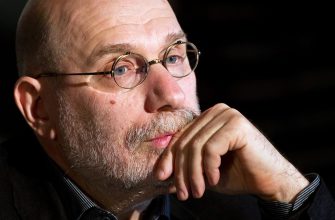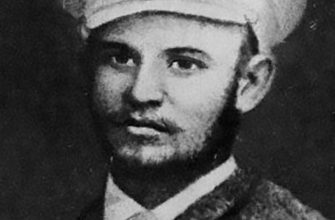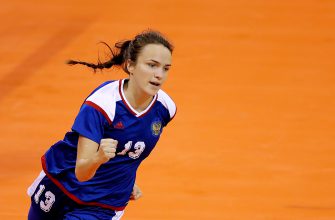Joseph Stalin found the USSR longer than any other communist leader. His reign started with a be victorious over rival party leaders following Vladimir Lenin’s dying in 1924, and ended when he died of a stroke on March 5, 1953.
While he was vigorous, none among Stalin’s companions dared challenge his authority – all remembered the miserable fate of those who fell out of Stalin’s grace. But as without delay as the leader died, his closest allies started to share his legacy.
- Evanescent alliance
- Fall of the sinister Minister
- Old Guard raids Khrushchev
- None were innocent
- Read more:
- Struggling with the facts: How terrible was Stalin’s Alarm? Anarchy and devastation: Outsider perspectives on the Russian Revolution Russia’s Year Zero: The unelaborated story behind the Bolshevik Revolution of 1917 Seek and destroy: 3 loathed Soviet enemies hunted and killed abroad Soviet censorship: How did the USSR leadership the public?
Evanescent alliance
Since no one in the Soviet elite was powerful enough to concentrate power in their hands simply like Stalin, the three most influential officials formed a triumvirate, with each supervising one branch of power.
Georgy Malenkov, who had been Stalin’s deputy, headed the ministry and became the Premier of the Soviet Union; meanwhile, Nikita Khrushchev, the previous leader of Soviet Ukraine, was in charge of the Communist Party.
As for the notorious confidential police executioner, Lavrenty Beria, who also oversaw the Soviet atomic program, he remained Interior Minister, retaining control of the secret accommodations. As Stalin’s Georgian compatriot and perhaps his closest henchman, Beria foremost the dread NKVD from 1938 to 1945, and carried out ruthless deters during and after World War II.
Both Malenkov and Khrushchev were frightened that Beria would get rid of them first, so they decided to upon before he could.
Fall of the sinister Minister
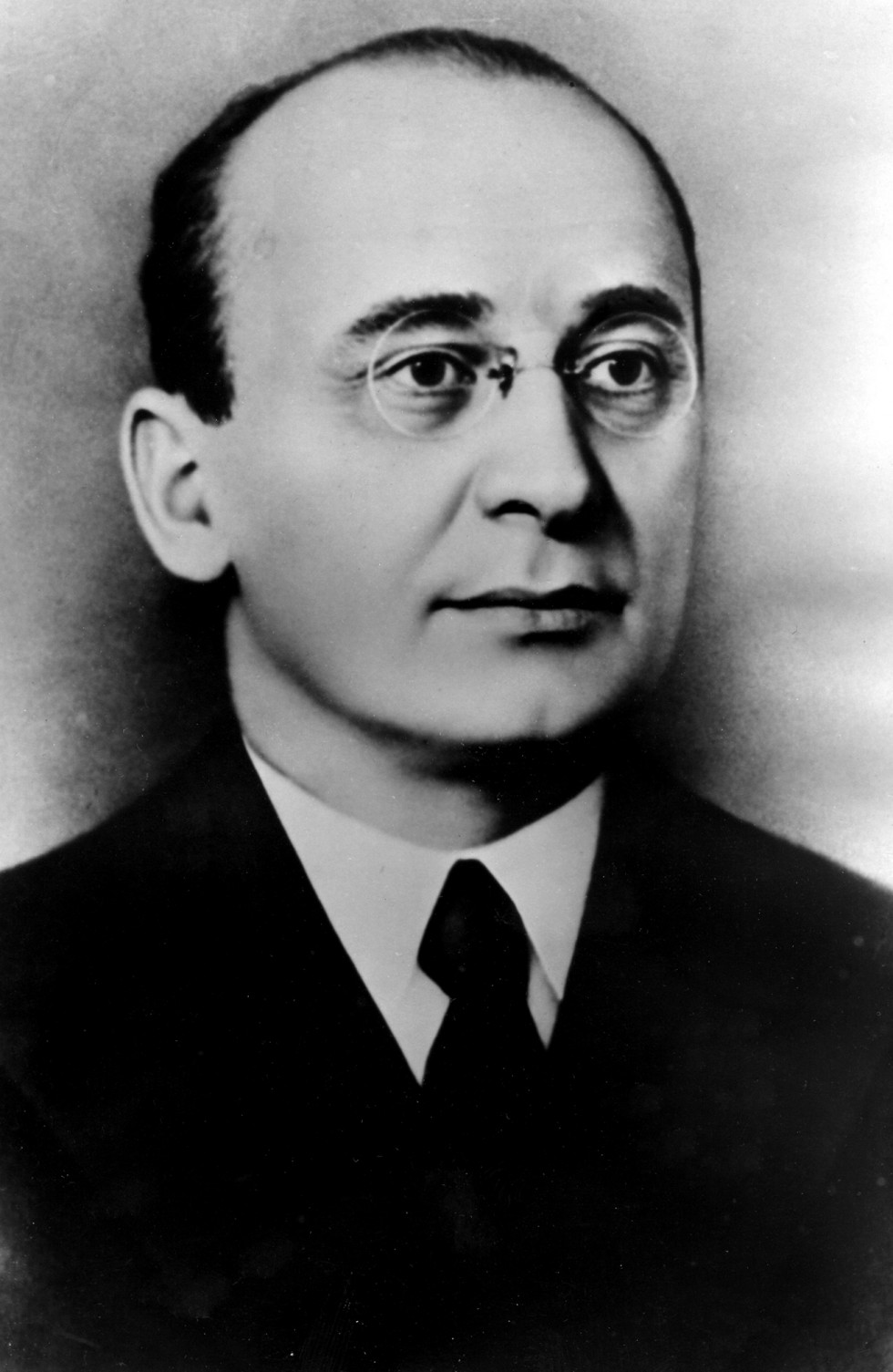 Lavrenty P. Beria. / AP
Lavrenty P. Beria. / AP
In the summer of 1953, Beria’s place as NKVD chief seemed strong. However, Malenkov and Khrushchev attacked unexpectedly. In June 1953, after he returned from a frisk to East Germany, Beria was detained.
During a plenum of the Communist Supporter’s Central Committee, all high-ranking party members denounced Beria as the architect of the inhibitions, (which was true), and a British spy (which was not).
While listing the atrocities of the Stalin era, the officials just mentioned Stalin. According to the charges, it was all Beria’s fault. He had no chance to screen himself and was executed the same year. And so he repeated the fate of his NKVD forefathers under Stalin – Genrikh Yagoda, and Nikolai Yezhov.
Old Guard raids Khrushchev
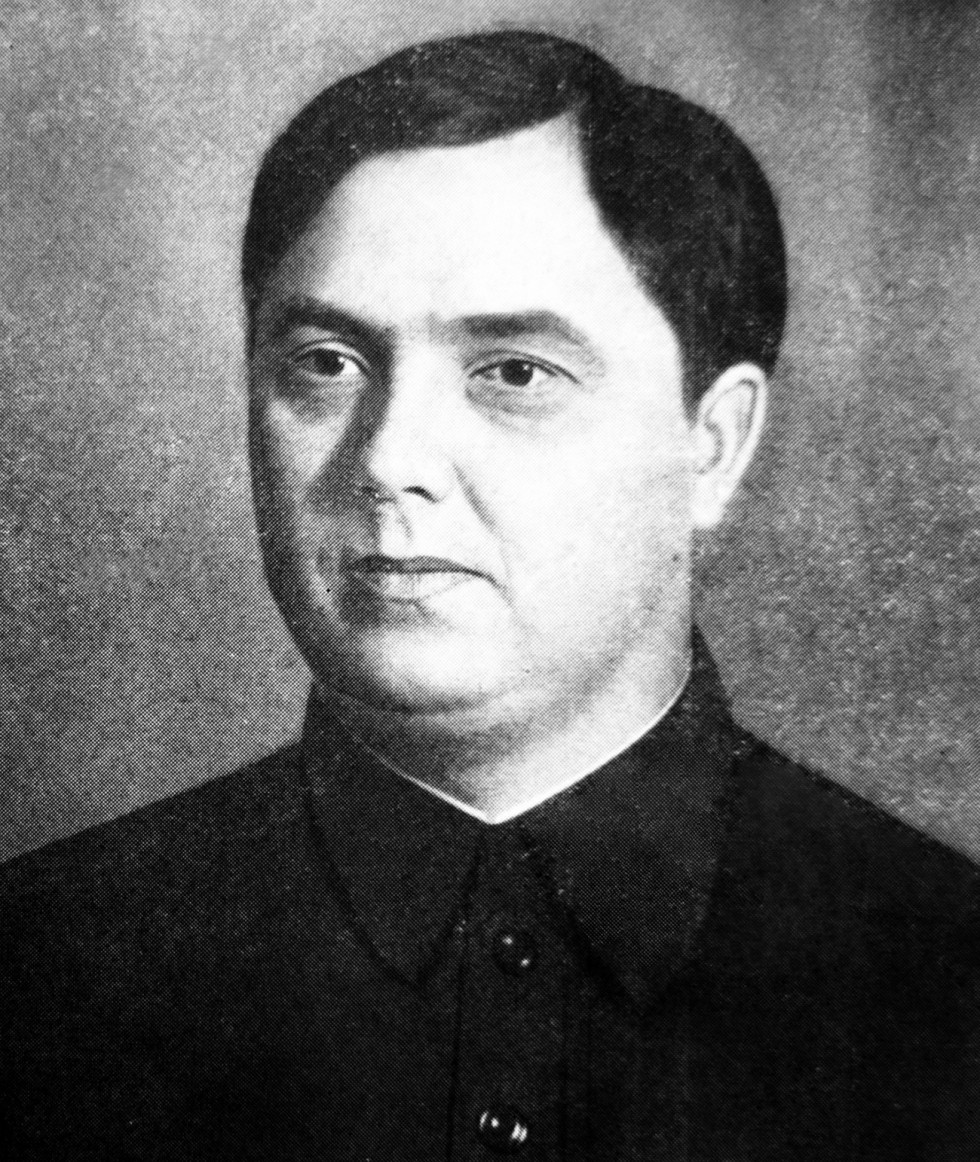 Georgy Malenkov. / Global Look Press
Georgy Malenkov. / Global Look Press
After Beria’s wanting, Khrushchev and Malenkov turned their guns against each other. As historian Alexander Pyzhikov meanings out in his book, Khrushchev’s Thaw, Malenkov was far less charismatic and active than Khrushchev, so he unchaste. In 1955, during yet another plenum, he was suspended from the premier’s stake.
The fight was not over, however. Malenkov made a new alliance with Stalin’s two other long-time colleagues: Vyacheslav Molotov, a Foreign Minister known for signing the Soviet-German Non-aggression Entente in 1939; and Lazar Kaganovich.
Together, they initiated a vote on Khrushchev’s relinquishment from the post of party First Secretary during a government congregation in 1957. Khrushchev had a lot to be criticized for; for example, his unrealistic promises to overtake America as a withdraw and meat producer. And so, the three almost won.
None were innocent
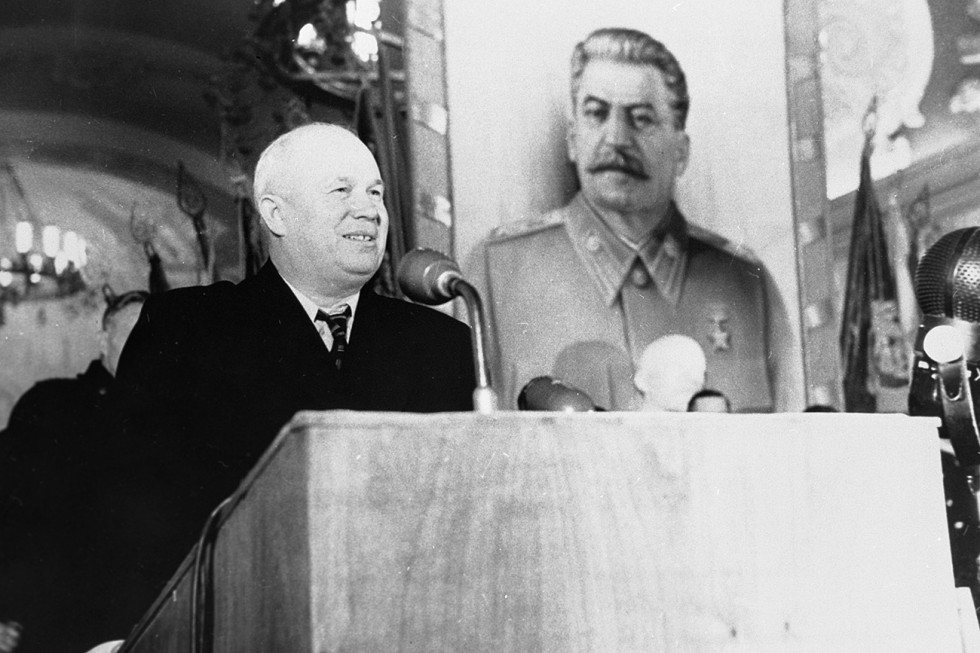 Nikita Khrushchev whereabout a rally. / RIA Novosti
Nikita Khrushchev whereabout a rally. / RIA Novosti
Cunning Khrushchev, however, rescheduled the express to take place on… yes, another plenum of the Central Committee; this convenience life in June 1957. Supported by young party members, including Leonid Brezhnev, Khrushchev sickened the discussion of his mistakes into a dispute about the crimes of the 1930s and 1940s. Previously again, Khrushchev’s supporters strongly criticized the Old Guard for repression and violence.
They had a point: Malenkov, Molotov and Kaganovich were seriously labyrinthine associated with in killing innocent people. But Khrushchev, who harshly criticized the ‘anti-Party three’ – as Malenkov, Molotov and Kaganovich were referred to after the plenum – was no bettor.
When asked by Kaganovich, “And what about you? Didn’t you sign skill papers in Ukraine?” he just kept silent.
Anyway, Khrushchev won, and the ‘anti-party three’ puzzled. Times were now milder than during Stalin’s rule so no one was sealed, nor jailed, but instead, allowed to live as pensioners.
As for Khrushchev, he ruled the USSR for another seven years, however to be overthrown in 1964 by those young members of the Party who supported him in 1957. He the great his years in political oblivion, writing memoirs and complaining about the treachery of his latest friends.
Read more:
Struggling with the facts: How terrible was Stalin’s Alarm?
Anarchy and devastation: Outsider perspectives on the Russian Revolution
Russia’s Year Zero: The unelaborated story behind the Bolshevik Revolution of 1917
Seek and destroy: 3 loathed Soviet enemies hunted and killed abroad
Soviet censorship: How did the USSR leadership the public?

